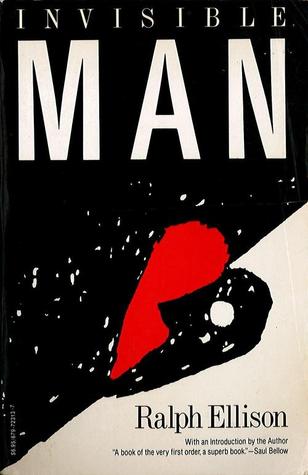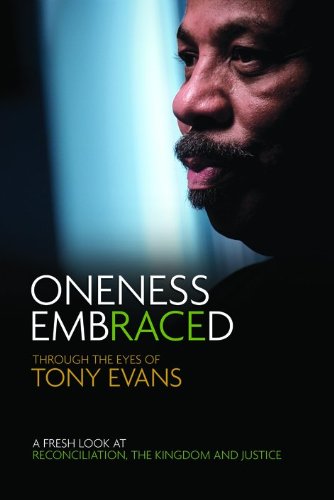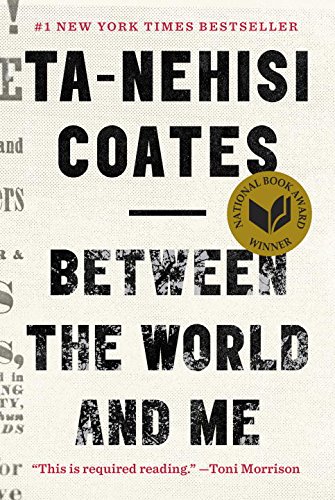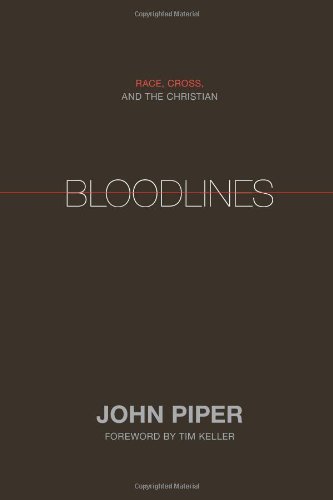When St. Louis worship pastor Michelle Higgins praised the Black Lives Matter (BLM) movement before the Urbana 2015 audience, not everyone was pleased. The response to her statements exposed a degree of ongoing suspicion between some evangelicals and BLM activists. CT asked Bryan Loritts, pastor of Abundant Life Christian Fellowship in Mountain View, California, to imagine leading a reconciliation gathering with representatives from both camps. Here, he chooses five books to help evangelicals understand the hopes and anxieties of black America.
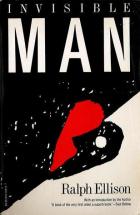
Ralph Ellison
Published in 1952, at the height of Jim Crow and the dawn of the civil rights movement, this book remains profoundly relevant. By leaving his lead character nameless, Ellison places his finger on the inhumanity of being treated as anonymous—a low-grade fever that continues to simmer among people of color. If we want to restore humanity for people of color in our institutions and churches, reflecting on Invisible Man is a good place to start.
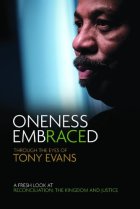
Oneness Embraced: Through the Eyes of Tony Evans
Tony Evans
Evans was the first African American to earn a doctorate in theology from Dallas Theological Seminary. His take on race relations is scholarly, biblical, Christ-centered—and, in the best sense, uncomfortable. He does not shy from the problem of racism or shrink from proclaiming its remedy: the Cross of Christ played out within the local church. Whatever your racial or religious background, you’ll find plenty to agree with—and plenty to make you wince.
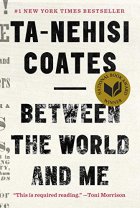
Ta-Nehisi Coates
Coates has been called the James Baldwin of our time—a fitting description for an African American whose pen wields a prophetic edge. Written as a father’s letter to his son, Between the World and Me dives into police brutality and highlights both personal and structural racism. Though not written from a Christian perspective, the book’s insights into discrimination and privilege resonate with a vast majority of minorities. The beauty of Coates’s work is how it challenges the easy assumption that “things aren’t as bad as they were.”
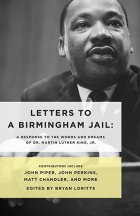
Letters to a Birmingham Jail: A Response to the Words and Dreams of Dr. Martin Luther King, Jr.
Edited by Bryan Loritts
At the risk of self-promotion—yes, I edited this volume and contributed a chapter—I’ll include this collection of contemporary responses to King’s Letter from a Birmingham Jail. The book recruits an eclectic set of authors to write about “Christ-exalting diversity.” There are white and black pastors, an Asian scholar, and an elder from the civil rights movement. King had addressed his letter to white clergy who urged him to be passive, to wait things out. In turn, we thank him for his urgency and plead with readers to follow suit.

Bloodlines: Race, Cross, and the Christian
John Piper
In Bloodlines, Piper opens up about growing up in the Deep South (South Carolina) and imbibing the anti-black prejudice of his environment. He leaves readers on the edge of their seats as he describes the journey away from his racist upbringing. You might not agree with his Calvinist perspective on race and diversity, but he succeeds in framing the conversation around the finished work of Christ.



